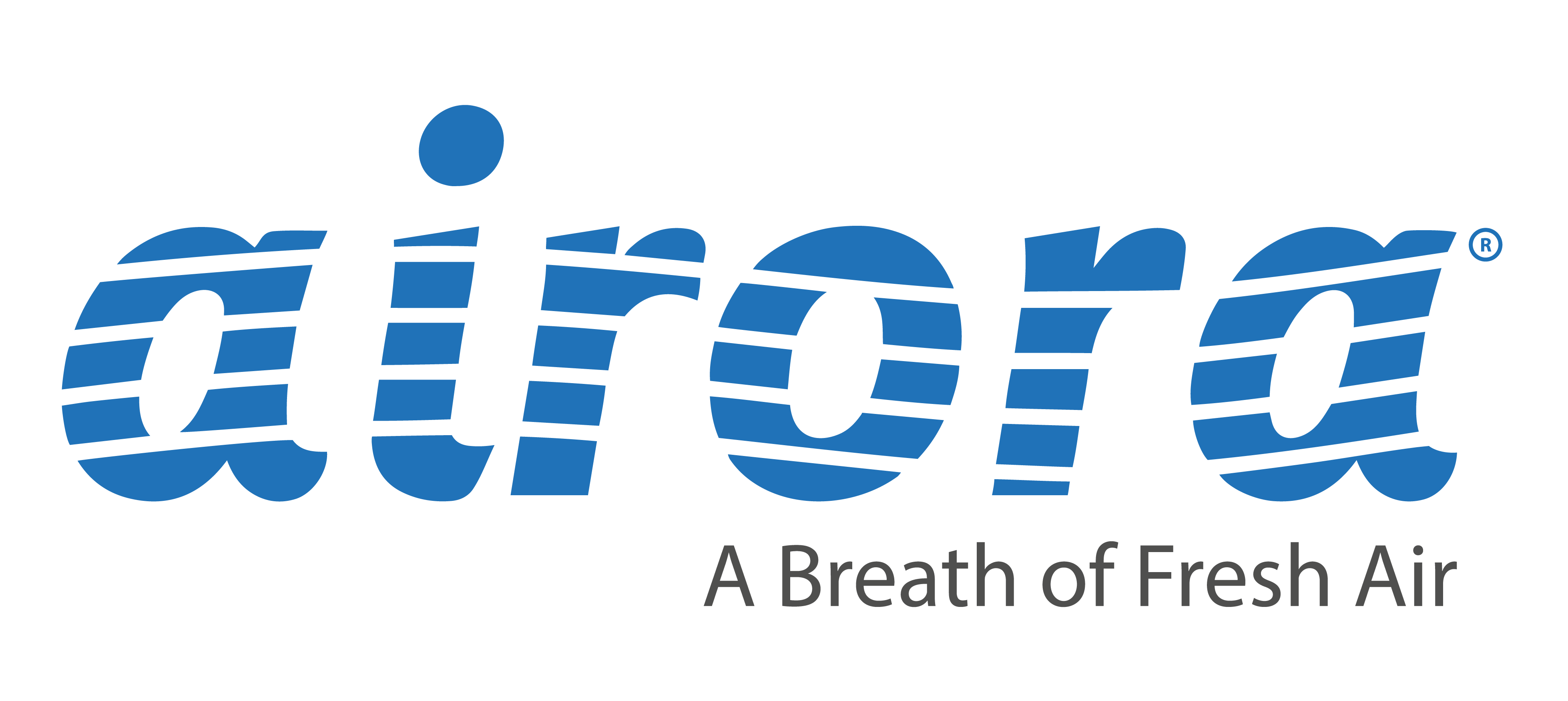The evidence is unequivocal – HEPA and similar filters don’t protect you from infection
The data is in
In 2023 a team from the University of East Anglia Medical School published the results of a groundbreaking systematic review of worldwide observational and experimental studies of traditional Air Treatment Technologies1 (ATT), seeking any reliable evidence that they prevent respiratory or gastrointestinal infections.
The traditional technologies studied included both portable and permanent HEPA filters, Ionisers, electrostatic cleaners, Air Conditioning filters, and ultraviolet germicidal irradiation (UVGI) sources operating at safe wavelengths.
Technologies that for safety reasons required humans to vacate the space during operation, or that required special protective equipment for humans to remain present, such as Foggers or radiant UVC operating at around 245nm, were excluded from the study.
At the time of the study Airora’s revolutionary technology was not available and so was not included.
Breadth of studies
|
Of 332 potentially useful studies, only 32 remained after those which were incomplete, or were judged to be biased, or were laboratory based, or which were too limited etc. had been excluded. All 32 included studies were either trials or cohort design (no case-control studies). All outcomes related to respiratory infections or symptoms, except for one study in care homes, which looked for norovirus outbreaks related to air conditioning status. Eleven studies took place in the USA, 9 in Europe, 12 elsewhere (Canada, Singapore, China, South Korea, Hong Kong, Israel, Australia). Exposure settings included private homes, offices, healthcare, childcare, schools and shared residences such as care homes or military barracks. |
|
The technologies included air filtration (including HEPA), UVGI, Ionisers and electrostatic cleaners. Sometimes, multiple technologies were applied simultaneously.
Outcomes
In terms of adverse effects, the most common participant complaint was noise.
The evidence was unequivocal; the impact of these technologies in public spaces was not shown to help prevent transmission of respiratory or gastrointestinal diseases.
Further, the pooled data suggested no net benefits for symptom severity or symptom presence, in absence of confirmed infection.
The authors noted that there was some weak evidence that respiratory severity scores, after exposure to air filtering, coincided with fewer confirmed infections. However, the authors concluded that these limited data evidenced strong publication bias and could not be relied upon.
Airora, the only technology that does protect you from infection
While the numerous manufacturers of traditional ‘air cleaners’ / ‘air filters’ / ‘ionisers’ etc. claim to protect you from infection, the indisputable evidence is that they don’t.
Airora’s new and revolutionary molecular air and surface cleaning technology is unique.
Instead of trying (mostly unsuccessfully) to remove pathogens from the air, Airora simply and quickly destroys the pathogens wherever they are, both in the air and on surfaces, such that they can no longer infect you.
And Airora does far more, things that no traditional air cleaner / filter can effectively achieve.
Airora destroys or neutralises all types of allergens and odours and most other irritants and harmful pollutants throughout entire indoor spaces.
You can find out all about Airora at airora.com
And contact us at support@airora.com
References:
- Julii Brainard et al. Effectiveness of filtering or decontaminating air to reduce or prevent respiratory infections: A systematic review, Preventive Medicine, Volume 177, December 2023
Copyright Airora 2023 V 1.0
